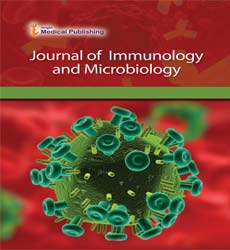Sars-cov-2 (covid-19) variants are effectively prevented by current covid-19 vaccines
Abstract
The WHO recommendations on COVID-19 vaccines in the context of SARS-CoV-2 (COVID-19) variants contribute to the plans of the next steps on COVID-19 vaccine production, such as Pfizer and Biotech announced on February 25, 2021 that they had started evaluating the safety and immunogenicity of a third dose of their vaccine to observe whether it would boost immunity to SARS-CoV-2 (C)OVID-19) variants, particularly B.1.351; Modern announced on February 24, 2021 that it had shipped a booster vaccine candidate based on B.1.351 to NIAID for a phase 1 trial; and Novavax, whose first-generation vaccine has not been authorized yet in the United States, announced on January 28, 2021 that it was working on developing a booster, a combination bivalent vaccine, or both to protect against SARS-CoV-2 (COVID-19) variants. From experience with avian coronavirus, vaccines against one variant will protect against similar variant, but not always against highly divergent variants. It is hard to predict log term of risk of immune escape. In long term, multivalent vaccines that include the viral nucleoprotein might be more robust. As SARS-CoV-2 (COVID-19) variants are too divergent, similar to flu vaccines, COVID-19 vaccines will be changed. In conclusion, rapid identification and characterization of variants of concern by the national and global surveillance will provide much more proactive. More challenging will be deciding when and how to deploy COVID-19 vaccines 2.0. Modifying COVID-19 vaccines would probably be the most straightforward step in Involving SARS-CoV-2(COVID-19) variants.
Open Access Journals
- Aquaculture & Veterinary Science
- Chemistry & Chemical Sciences
- Clinical Sciences
- Engineering
- General Science
- Genetics & Molecular Biology
- Health Care & Nursing
- Immunology & Microbiology
- Materials Science
- Mathematics & Physics
- Medical Sciences
- Neurology & Psychiatry
- Oncology & Cancer Science
- Pharmaceutical Sciences
